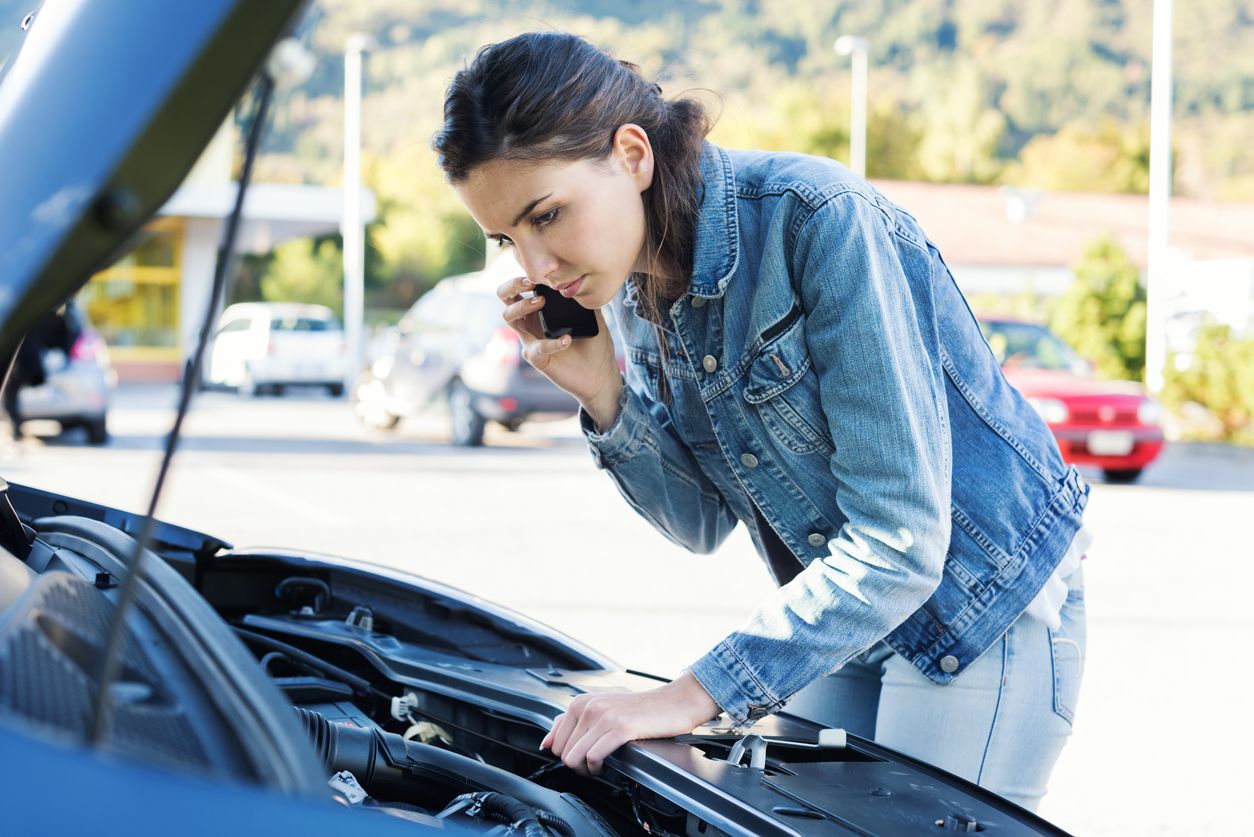All Categories
Featured
The rise of electric automobiles (EVs) has produced significant innovations in sustainable transport, yet it likewise presents an expanding concern: what occurs to EV batteries when they are no much longer functional? These batteries, which contain valuable materials such as cobalt, nickel, and lithium, can not simply be disposed of. Reusing them is necessary to minimize environmental harm and recoup important sources. Service centers have entered this space, offering electrical car battery reusing solutions to satisfy the needs of eco-conscious EV proprietors.
![]()
Environmental Protection: Protecting against harmful chemicals from contaminating soil and water. Resource Healing: Removing recyclable materials like lithium and cobalt to decrease the demand for brand-new mining procedures. Power Efficiency: Recycling uses less energy than sourcing resources, adding to a lower carbon impact. As numerous EV batteries are expected to reach the end of their lifecycle in the coming years, the requirement for recycling options has never been greater.
Collection and Safe Storage: Lots of fixing shops accumulate used EV batteries from customers and keep them safely till they can be carried to reusing centers. Partnerships with Recyclers: Shops usually team up with specialized recycling companies that extract and repurpose valuable products. Repurposing Efforts: Some batteries, although no more ideal for lorries, can be repurposed for stationary power storage remedies, a service some service center facilitate. 3. Partnerships with Suppliers and Recycling Programs. To improve the reusing procedure, service center typically partner with EV suppliers and third-party recyclers. Examples consist of:
Supplier Programs: Brands like Nissan and BMW have actually applied battery reusing efforts, making use of licensed repair service stores to collect and handle utilized batteries. Third-Party Recyclers: Business like Redwood Materials and Li-Cycle job with independent service center to recycle batteries from different EV brand names. These collaborations make sure that recycling is taken care of sensibly and efficiently, with very little environmental influence.
Convenience: Consumers can reuse batteries locally without navigating intricate recycling networks. Cost Savings: Some shops offer trade-in credit ratings or price cuts on replacement batteries when clients reuse their old ones. Sustainability Assurance: Partnering with credible stores warranties that batteries are reused in conformity with environmental guidelines. 5. Obstacles in Expanding Recycling Providers. Regardless of development, there are difficulties to making battery reusing globally available:
Training Requirements: Handling EV batteries safely needs specific knowledge and devices, which not all service center have. Expense of Recycling: Moving and refining batteries can be costly, positioning a barrier for smaller shops. Limited Framework: In some areas, access to reusing facilities is still underdeveloped. Makers and federal governments are functioning to deal with these issues with rewards, financing, and research study right into more reliable reusing modern technologies.
![]()
Conclusion. Yes, repair stores offering electric automobile battery recycling are ending up being a crucial part of the EV community. By teaming up with manufacturers, recyclers, and environmental programs, these businesses are aiding to make certain that the transition to electrical transport is as sustainable as possible.
For EV owners, picking service center with reusing capacities is not only a sensible choice yet also a liable one. Together, fixing manufacturers, customers, and shops can produce a lasting future where EV batteries are not wasted however repurposed, reused, and reused for the advantage of the earth.

- The Relevance of Reusing EV Batteries. Unlike standard auto batteries, EV batteries are complex and big, with unique recycling demands. Appropriate recycling is important for a number of factors:
Environmental Protection: Protecting against harmful chemicals from contaminating soil and water. Resource Healing: Removing recyclable materials like lithium and cobalt to decrease the demand for brand-new mining procedures. Power Efficiency: Recycling uses less energy than sourcing resources, adding to a lower carbon impact. As numerous EV batteries are expected to reach the end of their lifecycle in the coming years, the requirement for recycling options has never been greater.
- Just How Repair Shops Contribute to Battery Recycling. Service centers play an essential duty in the EV ecological community by offering available and effective recycling choices. Below's how they sustain sustainability:
Collection and Safe Storage: Lots of fixing shops accumulate used EV batteries from customers and keep them safely till they can be carried to reusing centers. Partnerships with Recyclers: Shops usually team up with specialized recycling companies that extract and repurpose valuable products. Repurposing Efforts: Some batteries, although no more ideal for lorries, can be repurposed for stationary power storage remedies, a service some service center facilitate. 3. Partnerships with Suppliers and Recycling Programs. To improve the reusing procedure, service center typically partner with EV suppliers and third-party recyclers. Examples consist of:
Supplier Programs: Brands like Nissan and BMW have actually applied battery reusing efforts, making use of licensed repair service stores to collect and handle utilized batteries. Third-Party Recyclers: Business like Redwood Materials and Li-Cycle job with independent service center to recycle batteries from different EV brand names. These collaborations make sure that recycling is taken care of sensibly and efficiently, with very little environmental influence.
- Advantages for EV Proprietors. Repair stores providing battery recycling services provide significant advantages to EV proprietors:
Convenience: Consumers can reuse batteries locally without navigating intricate recycling networks. Cost Savings: Some shops offer trade-in credit ratings or price cuts on replacement batteries when clients reuse their old ones. Sustainability Assurance: Partnering with credible stores warranties that batteries are reused in conformity with environmental guidelines. 5. Obstacles in Expanding Recycling Providers. Regardless of development, there are difficulties to making battery reusing globally available:
Training Requirements: Handling EV batteries safely needs specific knowledge and devices, which not all service center have. Expense of Recycling: Moving and refining batteries can be costly, positioning a barrier for smaller shops. Limited Framework: In some areas, access to reusing facilities is still underdeveloped. Makers and federal governments are functioning to deal with these issues with rewards, financing, and research study right into more reliable reusing modern technologies.

- The Future of EV Battery Recycling. As the EV market proceeds to grow, the function of service center in battery recycling will certainly become a lot more critical. Regulative needs are motivating makers and repair service networks to establish extensive recycling systems. Emerging modern technologies are likewise boosting the efficiency of material recuperation, making reusing more widely available and cost-efficient.
Conclusion. Yes, repair stores offering electric automobile battery recycling are ending up being a crucial part of the EV community. By teaming up with manufacturers, recyclers, and environmental programs, these businesses are aiding to make certain that the transition to electrical transport is as sustainable as possible.
For EV owners, picking service center with reusing capacities is not only a sensible choice yet also a liable one. Together, fixing manufacturers, customers, and shops can produce a lasting future where EV batteries are not wasted however repurposed, reused, and reused for the advantage of the earth.
Latest Posts
Discover Oil Changes & More: Complete Repair Options from Montclare Auto Repair
Published May 28, 25
1 min read
Experience WyHy FCU – Top Perks for Your Future
Published May 28, 25
1 min read
Explore Limited-Time Auto Repair Offers in Chicago at Montclare Auto Repair
Published May 26, 25
1 min read